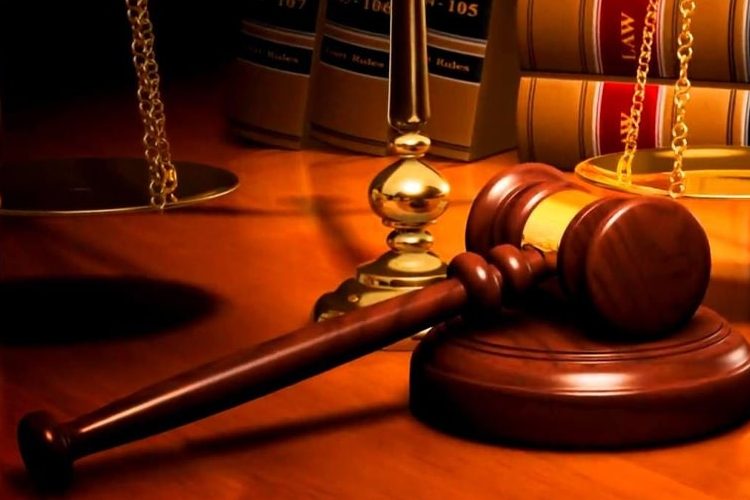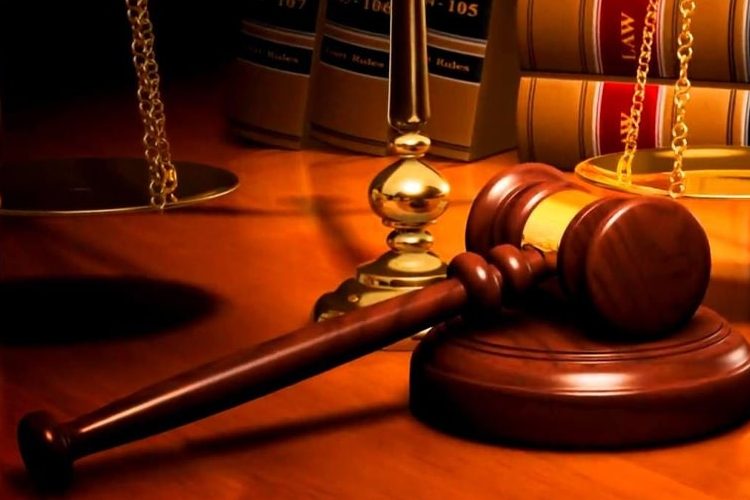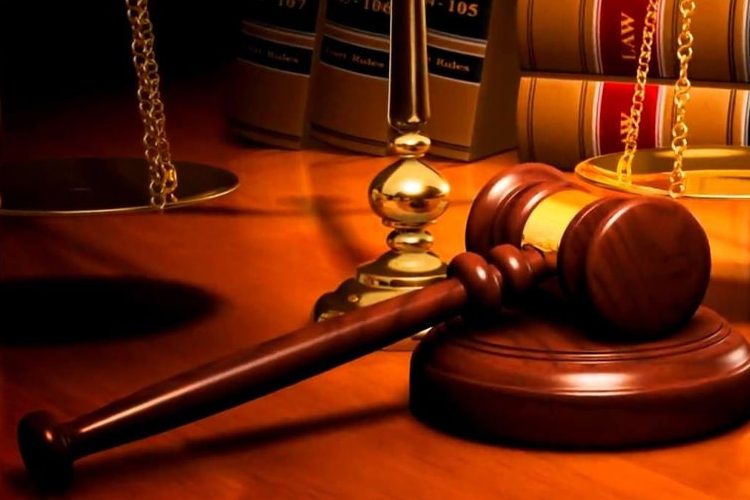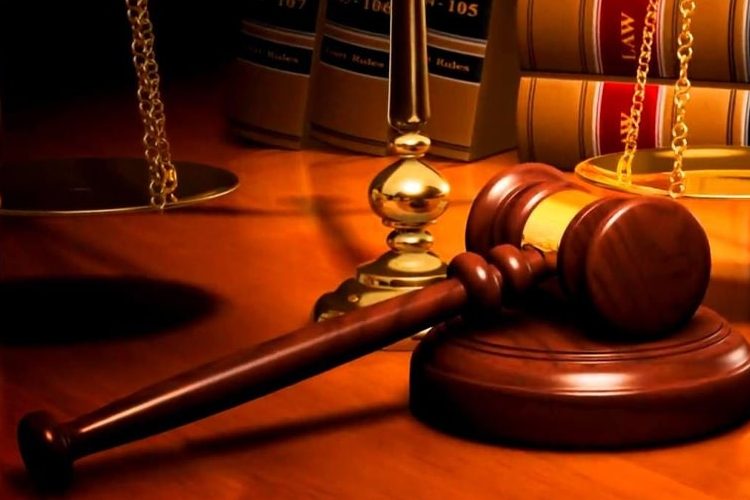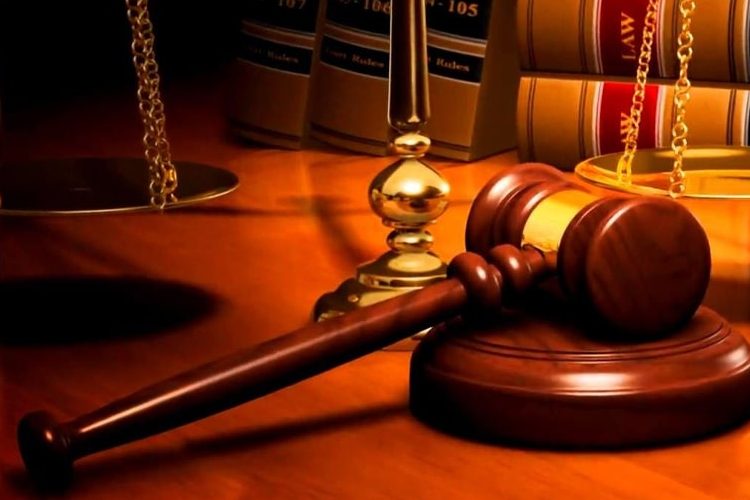
Vodafone International Holding v UOI
- 2022-02-16
Citation: AIR 2003 SC 355
Decided on:
Presiding Judge (s): Chief Justice B.N. Kirpal, Justice G.B.Pattanaik, Justice V.N.Khare , Justice S.Rajendra Babu, Justice Quadri, Justice Ruma Pal, Justice S.N.Variava, Justice K.G. Balakrishnan, Justice P.V. Reddi, Justice Ashok Bhan and Justice Arijit Pasayat
Court : Supreme Court
Facts of the case: The case was brought before the Supreme Court by some private institutions stating that unnecessary government control has adversely affected the institutions ability to impart education. Certain issues in the case of St Stephen’s College v University of Delhi was transferred to a 6 Judge Bench for review and thereafter a bench with 11 judges were set up to deal with the question of scope of right of minorities to establish and administer educational institutions of their choice under Article 30(1) read with Article 29(2) of the Constitution.
Issue: The Chief Justice of India framed the issues that are to be dealt with in the said case and they are the following:
Judgment: In this landmark judgment, the Supreme Court re-examined Article 30 of the constitution dealing with cultural and educational rights. The majority opinion delivered by 6 Judges held that a State will be construed as the unit to determine the status of a religious or linguistic minority. The Court said that the object behind Article 29 and Article 30 is the recognition and preservation of different types of people with diverse languages and beliefs holding together the secular essence of the country. The judgment defined the term “minority” under Article 30(1) to cover linguistic and religious minorities. It also stated that Article 30 (1) gives minorities the right to administer and establish educational institutions of their choice including professional institutions.
The Court went on to emphasize that the rights conferred isn’t absolute and the level of autonomy would vary depending on the aid received by the minority institution. The court also specified that a minority institution can have its own procedure and method of admission as long as the system is fair and transparent. However, law and regulatory measures can be imposed by the government for ensuring certain educational standards and maintaining excellence thereof. The majority judgment also held that the regulations or conditions prescribed to the minority institutions should not be of such nature that it destroys the minority character of the institution. The rules and regulations regarding fees, admission etc that are to be followed by the institution was demarcated on the basis of funding and minority character of the establishment.
The Constitutional Bench delved deep into the subject of cultural and educational rights of the establishment and laid down the guidelines to be followed by aided and unaided minority institutions. This was a landmark decision as it clearly distinguished and differentiated between the different categories of private institutions and gave clarity on the subject matter to comprehend the limitations and power of right to cultural and educational rights.


